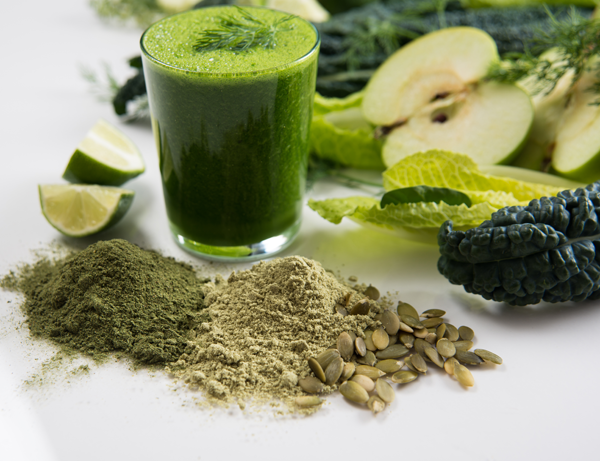- You are here:
- Home »
- What Are Superfoods?
What Are Superfoods?
 Superfoods are foods — mostly plant-based but also some fish and dairy — thought to be nutritionally dense and thus good for one’s health. Blueberries, salmon, kale and acai are just a few examples of foods that have garnered the “superfood” label.
Superfoods are foods — mostly plant-based but also some fish and dairy — thought to be nutritionally dense and thus good for one’s health. Blueberries, salmon, kale and acai are just a few examples of foods that have garnered the “superfood” label.
However, there are no set criteria for determining what is and what is not a superfood, according to LiveScience and the American Heart Association.
The Macmillan Dictionary defines ‘superfood’ as a food that is considered to be very good for your health and that may even help some medical conditions.[1]
The Oxford Dictionary definition states a superfood is “a nutrient-rich food considered to be especially beneficial for health and well-being”.[2]
“Superfoods don’t have their own food group,” said Despina Hyde, a registered dietician with the weight management program at New York University’s Langone Medical Center. “As a dietician, I think ‘superfood’ is more of a marketing term for foods that have health benefits.”
Consuming foods that are packed with nutrients (as many so-called superfoods are) is certainly a good idea.
Many recent superfood lists contain common food choices whose nutritional value has been long recognized as exceptional. Examples of these would be berries, nuts and seeds in general, dark green vegetables (such as spinach, kale, collard greens, Swiss chard, Brussels sprouts and broccoli), citrus fruits, fatty fish such as salmon, mackerel and sardines, vegetables with bright, dark, or intense colors (such as beets and their greens and sweet potatoes), many legumes (peanuts, lentils, beans) and whole grains as a group.
References:
- superfood – definition. American English definition of superfood by Macmillan Dictionary
- Superfood (search). Oxford English Dictionary, online edition. 2014. Retrieved 21 October 2014.
